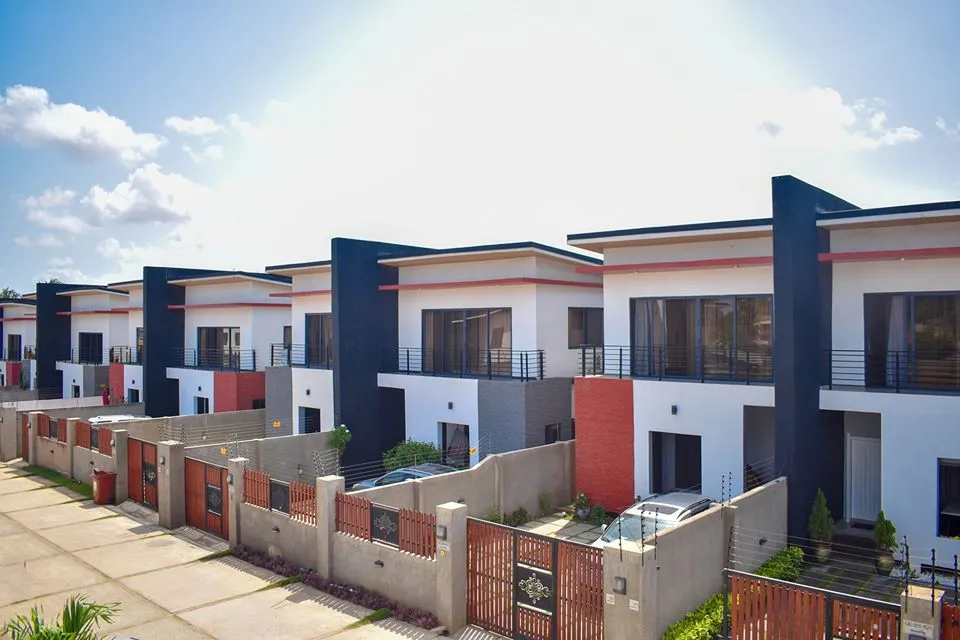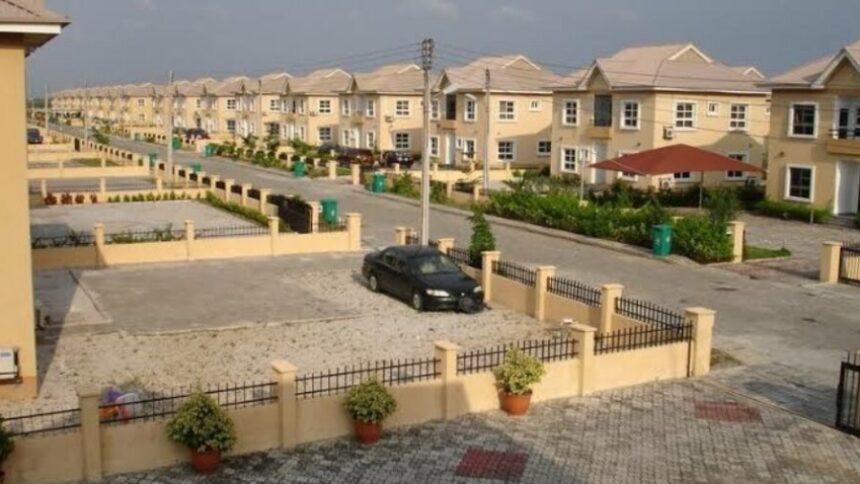The demand for real estate in Abuja has never been stronger. As Nigeria’s capital city and one of the fastest-growing urban centers in Africa, Abuja offers investors a unique mix of political stability, infrastructure development, and a rapidly expanding population.
From luxury homes in Maitama to affordable land in Lugbe, opportunities exist for both beginners and seasoned investors.
This beginner’s guide breaks down everything you need to know about investing in Abuja’s property market. By the end, you’ll have a clear roadmap to confidently step into the world of real estate in Abuja.
Understanding Abuja’s Real Estate Market
Abuja’s real estate is diverse, catering to different budgets and investment goals:
- High-end districts: Maitama, Asokoro, Wuse II; premium luxury homes and diplomatic residences.
- Middle-income areas: Gwarinpa, Jabi, Dawaki; mix of affordable apartments and family houses.
- Emerging neighborhoods: Lugbe, Lokogoma, Kuje; affordable lands with high appreciation potential.
Knowing where to invest is key; while Maitama offers prestige, Lugbe provides affordability and growth prospects.
Steps to Buy Property in Abuja

Step 1: Define Your Investment Goals
Decide why you’re investing; is it for rental income, land banking, or building your dream home? Your purpose will determine the type of property and location you should target.
Step 2: Set a Realistic Budget
Factor in not just the purchase price but also additional costs like legal fees, survey fees, agency commission, and documentation charges.
Step 3: Choose the Right Location
Research Abuja neighborhoods. High-end areas like Asokoro offer prestige, while emerging areas like Lugbe or Lokogoma provide affordable entry points and higher appreciation potential.
Step 4: Engage a Trusted Real Estate Agent
Work with a reputable, licensed agent or property consultant who knows the Abuja market. Avoid “street agents” who may mislead you with fake offers.
Step 5: Conduct Market Research
Compare prices in different districts, check infrastructure projects around the area, and confirm whether the land or property fits your investment goals.
Step 6: Verify Property Ownership and Title Documents
This is the most critical step. Ask for documents like the Certificate of Occupancy (C of O), Deed of Assignment, or Governor’s Consent. Hire a lawyer to run due diligence at the land registry.
Step 7: Inspect the Property Physically
Never buy based on photos or promises alone. Visit the property, check accessibility, surrounding development, and confirm that the land is not under government acquisition.
Step 8: Negotiate the Price and Terms
Use your agent or lawyer to negotiate fairly. Abuja’s property market has room for bargaining, especially in developing areas.
Step 9: Draft and Sign a Legal Agreement
Work with a real estate lawyer to prepare or review the sales agreement. This protects you against disputes and ensures the seller is legally bound.
Step 10: Complete Payment and Secure Documentation
Make payments through traceable bank channels, not cash. Once completed, collect your documents and file them properly at the land registry to secure your ownership.
Common Mistakes Beginners Make
- Buying land without verifying the title.
- Ignoring hidden costs (survey fees, agency fees, legal fees).
- Chasing only cheap properties without considering long-term value.
- Failing to research the neighborhood’s future development plan.
- Not hiring professionals (lawyers, surveyors, valuers).
Avoiding these mistakes will save you money and legal headaches.
Tips for Successful Real Estate Investment in Abuja
- Think long-term: Land in emerging areas often appreciates faster.
- Leverage infrastructure projects: Properties near new roads, airports, or schools will gain value.
- Diversify: Mix residential, commercial, and land investments.
- Network: Connect with developers, agents, and other investors to spot opportunities early.
- Stay updated: Market trends in real estate in Abuja shift quickly; continuous research is key.
FAQs About How to Invest in Real Estate in Abuja
Is investing in real estate in Abuja profitable?
Yes. With Abuja’s growing population, expanding infrastructure, and high demand for housing, real estate in Abuja offers strong rental yields and long-term property value appreciation.
What documents should I check before buying property in Abuja?
The most important documents include the Certificate of Occupancy (C of O), Governor’s Consent, Deed of Assignment, and survey plans. Always verify them at the land registry with the help of a real estate lawyer.
Which areas are best for affordable real estate in Abuja?
Emerging districts such as Lugbe, Lokogoma, Kuje, and Dawaki offer affordable entry points and strong potential for appreciation compared to high-end areas like Maitama or Asokoro.
How much do I need to start investing in Abuja property?
It depends on the location and type of property. With ₦3–5 million, you can secure land in developing areas, while apartments or houses in prime districts may require tens of millions.





